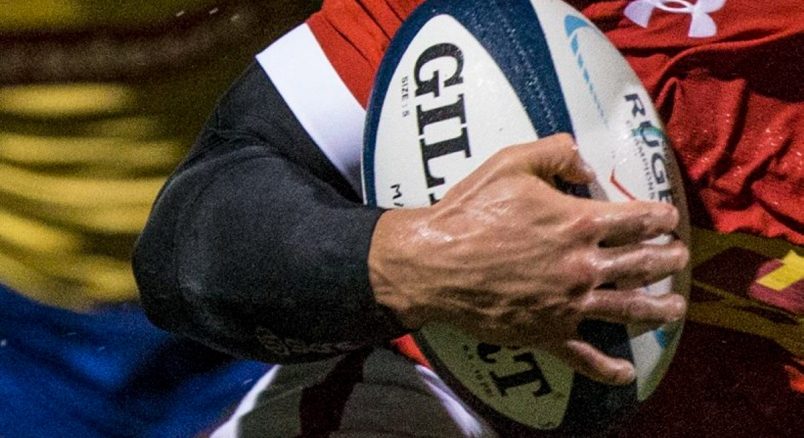
USA Rugby Coach Gary Gold said Major League Rugby (MLR) will help the United States be more competitive at the World Cup in Japan, but conceded we might only see the best of his side in four years’ time.
The US begin their campaign against England on September 26, followed by meetings with France, Argentina and Tonga in Pool C, where they are the lowest ranked team.
South African Gold was assistant coach for the Springboks at the 2011 World Cup, and is realistic about his side’s prospects.
However, he believes regular game time for players in MLR, a nine-team professional domestic championship which started last year, has been a game-changer, and will continue to be felt in years to come.
“It is critical, there is no doubt that it was a contributor to our wins over Scotland, Samoa and Canada recently,” Gold told Reuters in a telephone interview.
“The players will come into our first camp, which starts in mid-June, having played four or five months of rugby week-in, week-out.
“Over and above that, it is that tier of player that has not got a contract in France, England or elsewhere, who previously has not been in that professional environment where you train and gym regularly, understand the nutritional requirements and so on.
“In years gone by, we might have had players who would come to camp without having even trained in four months, let alone played matches. So, it is massive for us.”
The US will take part in the Pacific Nations Cup in July-August along with hosts Fiji, Samoa, Tonga, Canada and Japan, and are also seeking a pre-World Cup friendly after a proposed fixture against Australia fell away.
“The Nations Cup will be a really good dress rehearsal for us, travelling to Fiji and playing good quality opposition. Our team-building camps will be based around the Denver area, where we are looking for hot temperatures and high altitude,” Gold said.
Wins over Scotland and Samoa in the last 12 months were the first against a tier one nation since victory over France in 1924.
While Gold said it proves the competitiveness of his side, it means little if they cannot perform at that level regularly.
“It’s good to know that when everything clicks and we do what we set out to do, we can be competitive against tier one teams,” he added.
“But we cannot get ahead of ourselves. Unless we can replicate those results on a consistent basis, we are not really moving forward how we would like to.”
At the same time, Gold concedes that seeing improvement on the pitch is perhaps more important than the results in Japan, and that the potential strides forward in US rugby may only be seen at the World Cup in France in four years’ time.
“From an ‘optics’ point of view, I am slightly less worried about the results and more about whether we can, at this moment, go out and show we can compete,” he said.
“If the by-product of that is we can nick a couple of wins, that would be fantastic, but for me, it is about the performances.
“We are not favourites to win any of our games in Japan, but we want to go there and feel like we have given it our best shot and played some smart rugby.
“We have three 19-year-olds in our provisional squad, as well as others under the age of 23, and in France in four years’ time, this group could have added another 300 or 400 cumulative caps.
“If that is the case, we will be a lot more experienced and better off.”

Be the first to comment